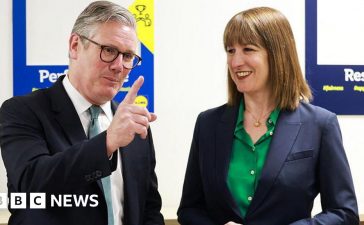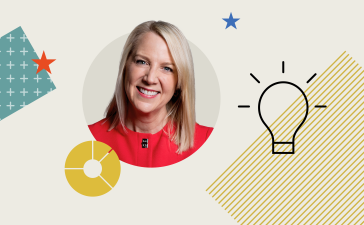BP has launched a review of all personal relationships between its staff, particularly at senior levels, to root out any “problematic” conduct, the Guardian can reveal.
The oil and gas company’s chief executive, Bernard Looney, quit on Tuesday night after an investigation into his personal relationships with colleagues. His departure left the company facing questions over its governance and culture.
BP said this week that an anonymous whistleblower in May 2022 had triggered an investigation into Looney’s conduct, during which he admitted to a “small number of historical relationships” before he became chief executive in 2020. At the time he gave the board assurances about his past relationships and future behaviour. Since then, further allegations had recently come to light, BP said, and Looney admitted he was “not fully transparent in his previous disclosures”.
It is understood that BP’s review is particularly focused on relationships involving senior managers. “The issue is bigger than Bernard,” one source familiar with the review said. More broadly there were concerns about a “male-dominated, macho, problematic culture” in that some staff had failed to realise the governance issues that undisclosed relationships could cause and simply regarded it as senior men being “players”, the same source said.
BP has more than 67,600 staff and spans 62 countries. Looney resigned after less than four years at the helm, and more than two decades with the company.
Sources also claim that there have been “problematic” relationships involving senior staff.
“BP is a huge company, where people often stay for decades. It becomes its own universe, and the lines between work life and personal life become very blurry. This can obviously cause problems,” an industry source said.
BP said it had found no breach of its code of conduct after its review into Looney’s relationships last year. The code warns employees that conflicts of interest may arise if their “interests or activities affect, or appear to affect, your ability to make objective decisions for BP”. This includes “having an intimate relationship with someone whose pay, advancement or management you can influence”.
Prior to Looney’s shock exit he had won praise for championing workplace diversity, particularly in encouraging better gender representation in its graduate intake as well as its senior leadership team.
Looney also spearheaded campaigns to improve mental health awareness at the company. Women make up almost 40% of BP’s staff while the senior leadership team and the board are evenly split between men and women.
Looney’s abrupt departure left the oil company reeling, with concerns that it may not stick to its plan to clean up its carbon emissions. Its chair, Helge Lund, who appointed Looney to the job, has insisted its decarbonisation strategy, which involves shifting away from hydrocarbons to renewables, is unchanged.
Some investors have also questioned whether the board should have disclosed the 2022 review into Looney’s relationships with staff to the market.
Multiple sources have claimed that Looney’s relationships were an “open secret” within the oil and gas industry, and that his reputation for conducting personal relationships with colleagues predated his appointment as chief executive.
after newsletter promotion
One senior oil industry source told the Guardian earlier this week: “It has been an open secret for some time, and the BP board must have known about his reputation before he was appointed as chief executive. It’s absolute nonsense to suggest that this came to light last year.”
Lund has begun the hunt for a new chief executive and will consider hiring an outsider to the role for the first time in more than 30 years. Internal candidates for the job include the interim chief executive, Murray Auchincloss, the former chief financial officer. Lund has reportedly ruled himself out of the race to fill the top job.
The son of Irish dairy farmers, Looney joined the company as a 21-year-old graduate from University College Dublin in 1991. As a drilling engineer, he worked in the North Sea and the Gulf of Mexico before attending the Stanford Graduate School of Business in 2004. He returned to BP with a masters of science in management.
BP declined to comment on the internal review. Looney was approached for comment.










